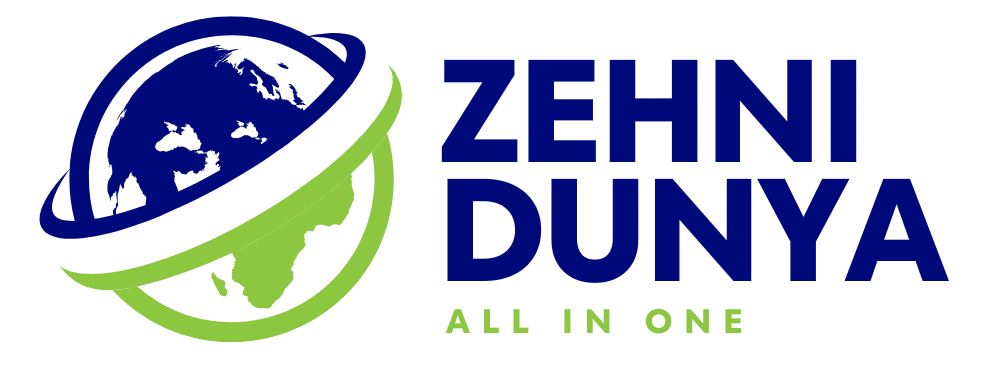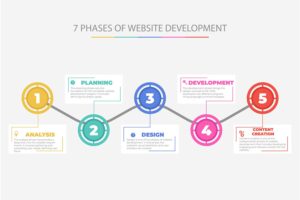On June 11, 2025, Disney and Universal Studios filed a groundbreaking 110-page lawsuit against Midjourney, the San Francisco–based AI image generator, alleging extensive copyright violations. The heart of the dispute is Midjourney’s utilization of iconic characters—such as Elsa, Shrek, and Iron Man—without permission, which the studios claim crosses the line from transformation into replication.
Background & Allegations
Midjourney, a prominent player in the generative AI sector, has amassed a massive global audience—boasting one of the largest Discord communities and staggering 2024 revenues of $300 million. Disney and Universal argue that the platform “willfully replicates and distributes unauthorized copies” of their copyrighted characters, ignoring cease-and-desist notices in favour of commercial gains.
Why It Matters
This lawsuit marks a pivotal moment in the complex dialogue between AI development and intellectual property (IP) rights. As AI training often entails ingesting vast datasets—including copyrighted material—this case could set a precedent dictating whether such use constitutes lawful “fair use” or crosses into infringement territory.
Legal Stakes & Potential Outcomes
Disney and Universal are pursuing both monetary damages and an injunction to block Midjourney’s visual creativity features, at least until proper filtering or licensing protocols are in place. Midjourney may attempt to defend under “fair use,” but the scale of alleged replication challenges that defense. An outcome favouring the studios could stall or overhaul AI image generators globally, impacting countless creatives, educators, and technologists.
Wider Industry Impact
The lawsuit has sparked concern among startups, investors, and AI researchers. Any ruling requiring stringent licensing frameworks or burdensome filters could raise costs, slow innovation, or shift the competitive landscape. Conversely, the studios have acknowledged that AI tools can be valuable—if used responsibly and with rights respected. vulture.com
Midjourney’s Response & Defense
While Midjourney hasn’t issued a formal public defense yet, the company historically leaned on fair use and transformative use grounds, arguing their outputs are sufficiently altered. However, with such iconic characters allegedly reproduced closely, that defense may be shaky. The company also faces interim demands like ceasing distribution of affected images and implementing new moderation systems.
What’s Next & Long-Term Effects
The legal proceedings will be closely watched. If Disney and Universal prevail, it could lead to:
- Mandatory licensing or usage agreements for image datasets.
- A shift from open dataset models to premium licensed content in AI training.
- A rise in filtering technologies aimed at detecting protected IP before image generation.
If Midjourney wins, AI developers gain leeway—but the studios may escalate, launching appeals and new lawsuits against platforms like OpenAI and Stability AI.
Broader Tech Industry Ramifications
This is more than just an IP case—it’s a lens into how society balances innovation with creative ownership. Courts could reshape industries spanning video, music, translation, and beyond. Tech leaders, policymakers, educators, and artists alike are watching closely.
Final Analysis
The Midjourney lawsuit poses big questions: Can AI thrive without hitting copyright walls? Are elite creative firms suing to slow disruptors? Will existing laws cope, or do we need new AI-driven IP policies?
In the coming months, a court decision could ripple through Silicon Valley, Hollywood, and global AI policy discussions. Developers and institutions must prepare for stricter compliance frameworks, while investors reassess startup dynamics. This isn’t just a courtroom story—it’s a map of the future intersection between AI and creative rights.





